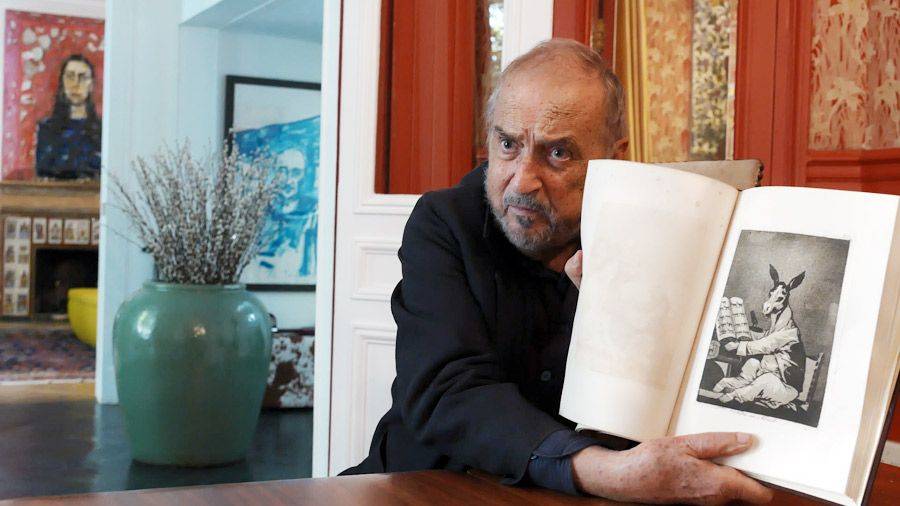Carriere illustrates the statement with a Bunuel episode inspired by the famous painting “The Shooting of the Madrid rebels on the night of May 3, 1808.” At the beginning of his penultimate film “The Ghost of Freedom”, Bunuel disguised as a monk with a group of friends stands against the wall. “We want chains!” the Spanish patriots manage to shout in the face of the firing squad of the Napoleonic occupiers. “Here they are — the real patriots of Spain! Carriere comments, continuing his discussion of the Bunuel paradox: “Surrealism appeared in France, but only on a theoretical level. Bunuel drew his surrealist vision of the world from his own cultural roots; he became a surrealist because before him there were Goya, Valle Inclan, Cervantes, picaresque Roman, San Juan de la Cruz, he absorbed the unique Spanish culture.”
Advertisement
In this sense, Bunuel turned out to be the last lonely great Spaniard. However, in this way Don Luis got into good company with Don Francisco. Having gone deaf at the end of his life, the great director reached a key point in Goya’s worldview. Interpreting the “capricious” etching “The dream of the mind gives birth to monsters,” Carrier quotes the saying of the poet Jose Bergamin: “The opposite of truth is neither a mistake nor a lie. The opposite of truth is reason. When we try to make sense of something, we are bound to make mistakes.”
What, then, does the creative legacy of a frenzied painter, who spent his whole life striving to see the truth, mean? Dissolving into the flame of pure art, which is not inclined to appeal to the obvious. “He did not have an idealized vision of a man, it was a total vision…” responds the interlocutor of the master, film director Julian Schnabel, “what strikes me most about Goya is his loneliness, his main authority Velasquez lived two centuries before him, like Murillo, Ribera, Surbaran, and his successors were Manet and Picasso, Surrealists and expressionists… At the same time, he saw in Spain what no one had noticed before him, what he saw when he was deaf — in this sense, he is still the main witness for us to this day; this “silence of Goya” is extremely powerful for me. His purifying suffering has become a blessing for us.”

